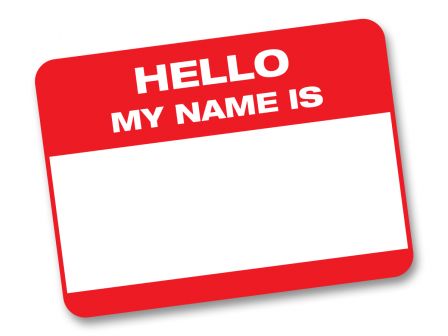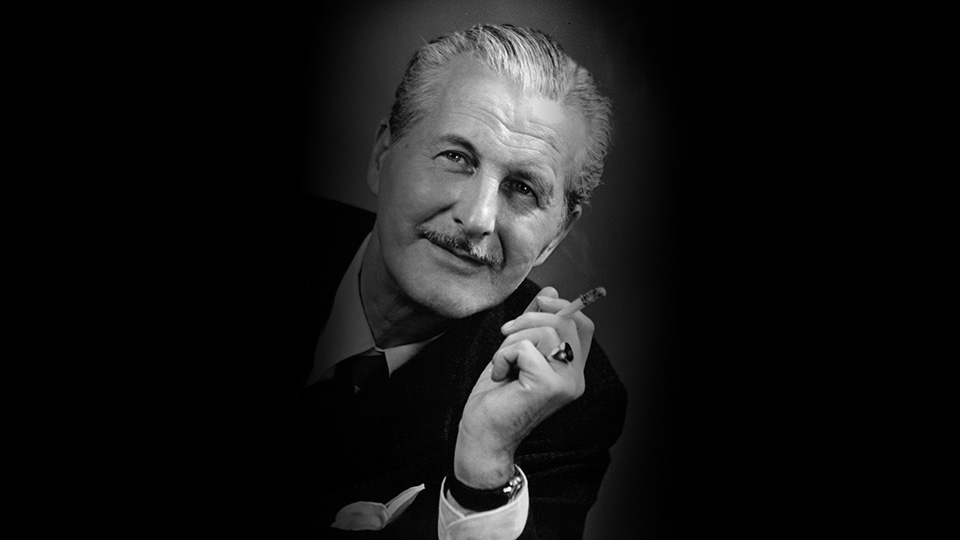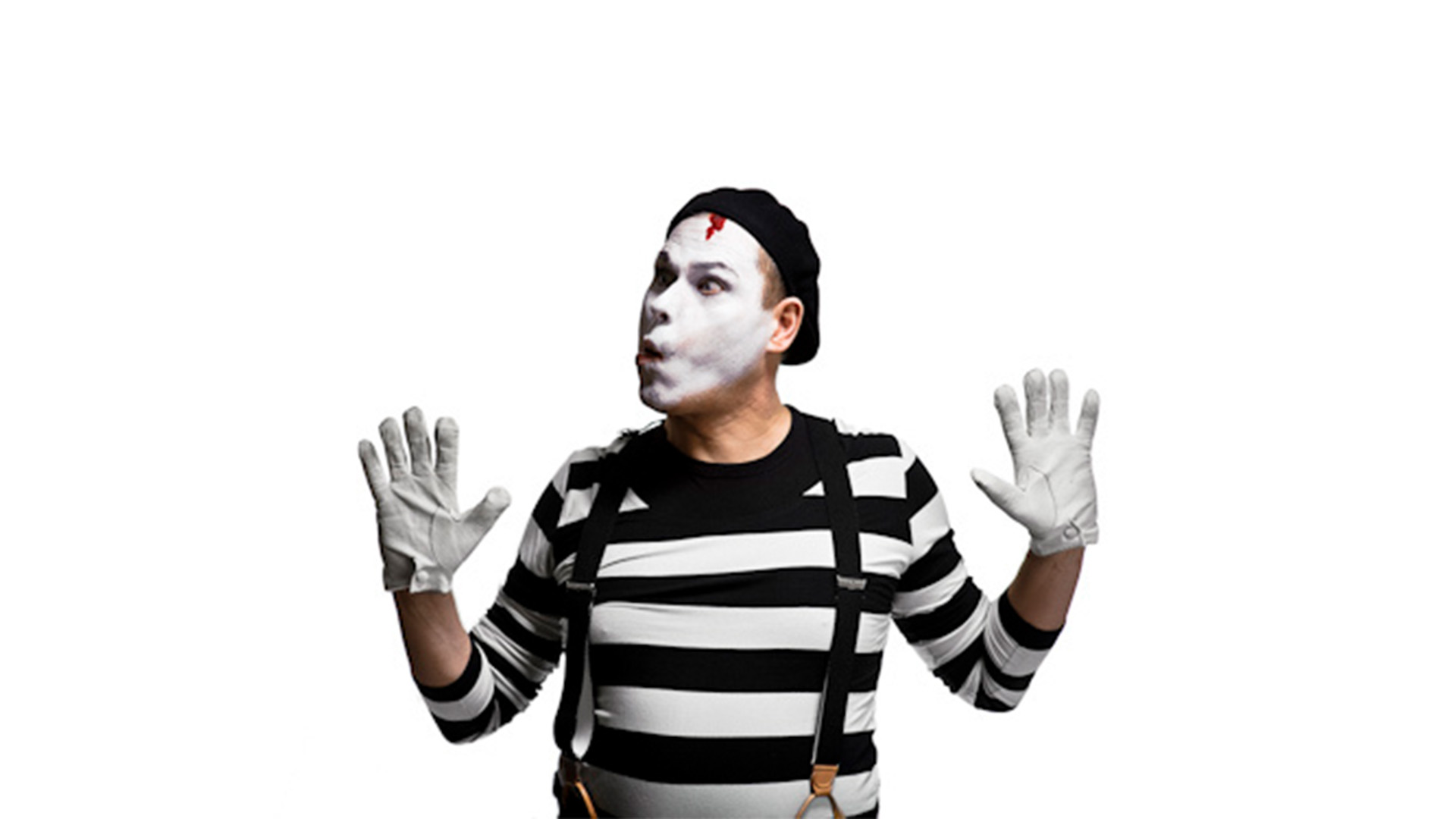Does the magic world need to grow? – Ponta’s Blog

I would love to see magic find its way closer to the mainstream of entertainment. There have always, however, been those who advocate for keeping magic small and out of the public gaze. The arguments in favor of a smaller, more insular magic world are not without merit, however for me these are outweighed by the arguments in favor of expanding the magical landscape.
One argument for keeping magic small is that it makes our job a lot easier. The less familiar your audience is with magic, the easier it is to fool them. There are still many people who have never seen any form of magic live, much less the specific effect you may wish to perform. Getting great reactions from magic neophytes is of course far easier than from people who have seen and experienced magic many times before.
As well as this, since magic is rooted in the principle that the magician has information unavailable to his audience, the more our audience knows, the harder it is to fool them. To me, however, the power of magic shouldn’t have to rely on our audience’s ignorance. Of course, much magic is ruined once we know how it is done, yet there are still plenty of effects which look and feel extremely magical even if you know the secret. There are still more examples of a well-known principle or move being used so artfully that it goes completely undetected even among those who frequently use it themselves.
It is often said that if the number of magicians were to rise, it would mean a drop in the number of regular spectators. To me this is simply untrue. Magicians are the first to watch magic-related shows on TV, search for videos online, visit magic bars (at least here in Japan), and no magician who has ever visited Las Vegas can ever go home without first seeing David Copperfield in person. All the evidence seems to show that far from shrinking crowds, an increase in magicians would only result in a larger magical audience.
Great magic is well received by other magicians. Conventions are made up of nothing but magicians, yet brilliant performances are rewarded with reactions that easily rival those of lay audiences. Of course, the magic has to be good. The more mainstream magic becomes, the more discerning our audience and therefore the harder it is to clear this hurdle. However, the same can be said of every other discipline. An average meal isn’t going to impress a food critic. Yet if your restaurant is built with the hope that nobody with a sense of taste will ever visit, then you should probably think about changing careers.
The bar when it comes to performing magic has arguably been set too low for too long. Bringing it up to the level of other performing arts would certainly not be a bad thing. It may well result in many people opting not to perform. However, if you’re a true magic lover then you will still enjoy watching it even if you choose not to take your act to the stage. And if you’d like to see better magic, then bringing it to a wider audience can only be a good thing. With the magic pie being so small, it is not financially viable for many great magicians to travel to Japan, nor is there a market big enough to make translation of magic books into Japanese a reality. Aside from the financial benefits, a larger talent pool of magicians would surely result in the likelihood of the next Copperfield, Vernon or Tamariz appearing, enriching the entire magic world with their ideas.
The good news is that the magic world has a lot of room to grow. It is said that the magic community in Japan consists of around 30,000 people. Even a tenfold increase would still mean that 99% of the population were complete laymen. This would still leave magic as a niche art, but making that niche larger would bring with it all the benefits with virtually none of the drawbacks.
In summary, for the commercial, practical and artistic reasons above, it is time for us as magicians to bring magic out of the shadows and do what we can to widen its appeal.
By Ponta the Smith

















